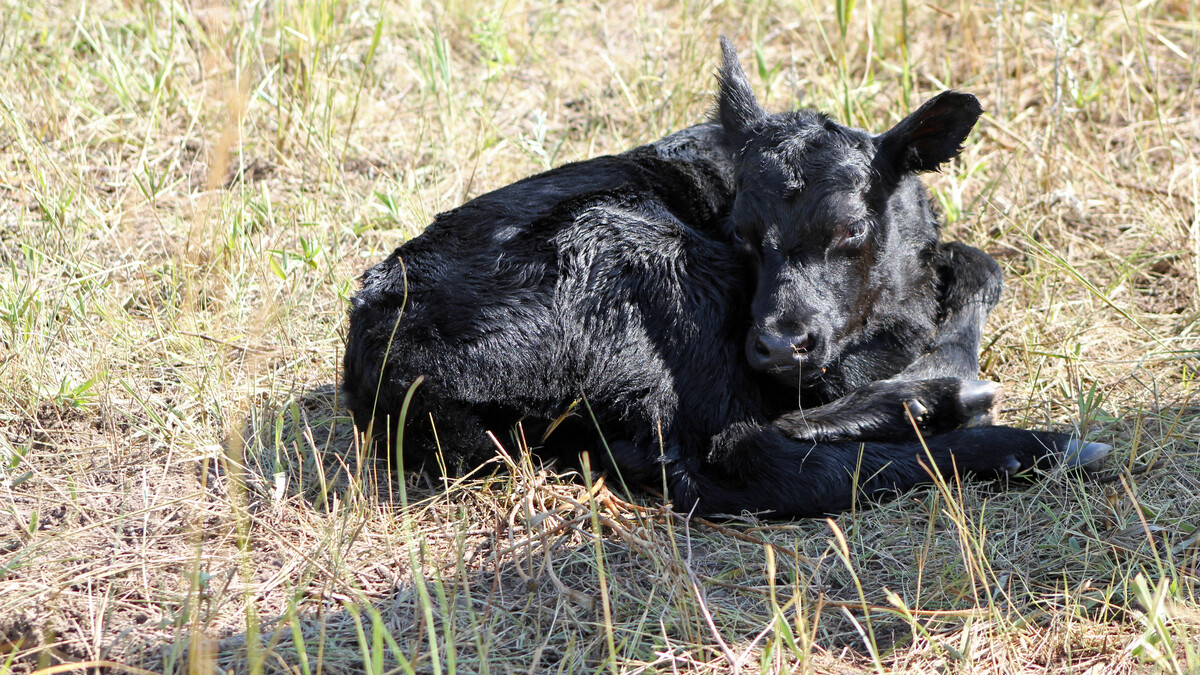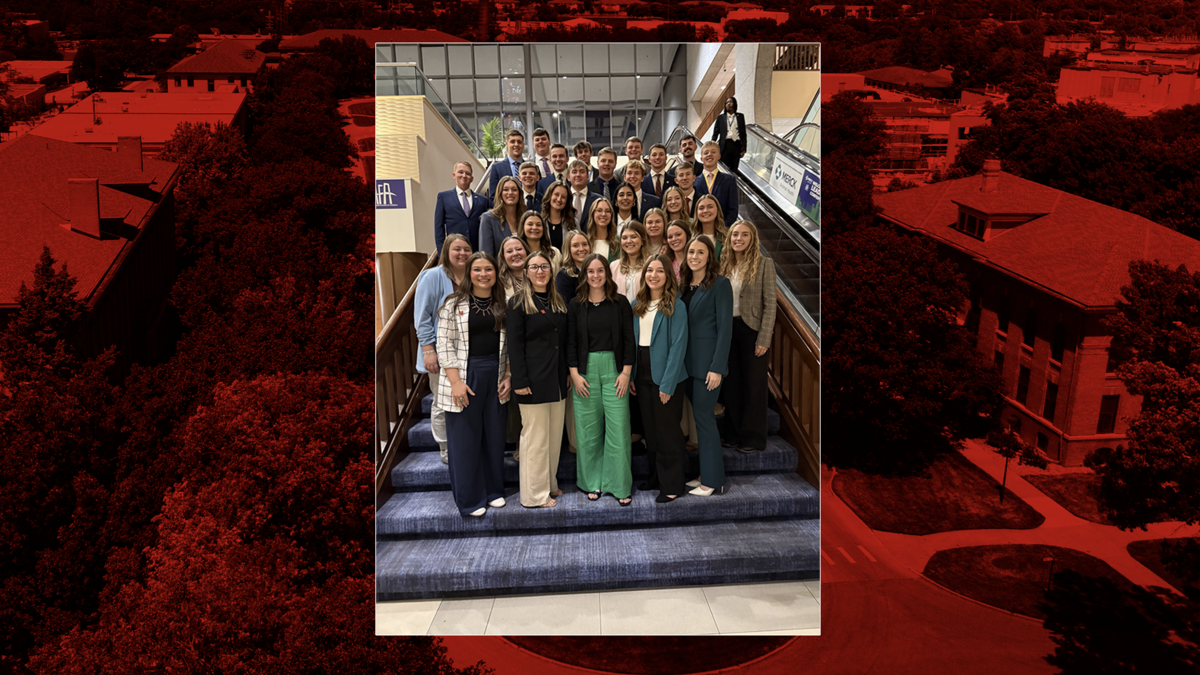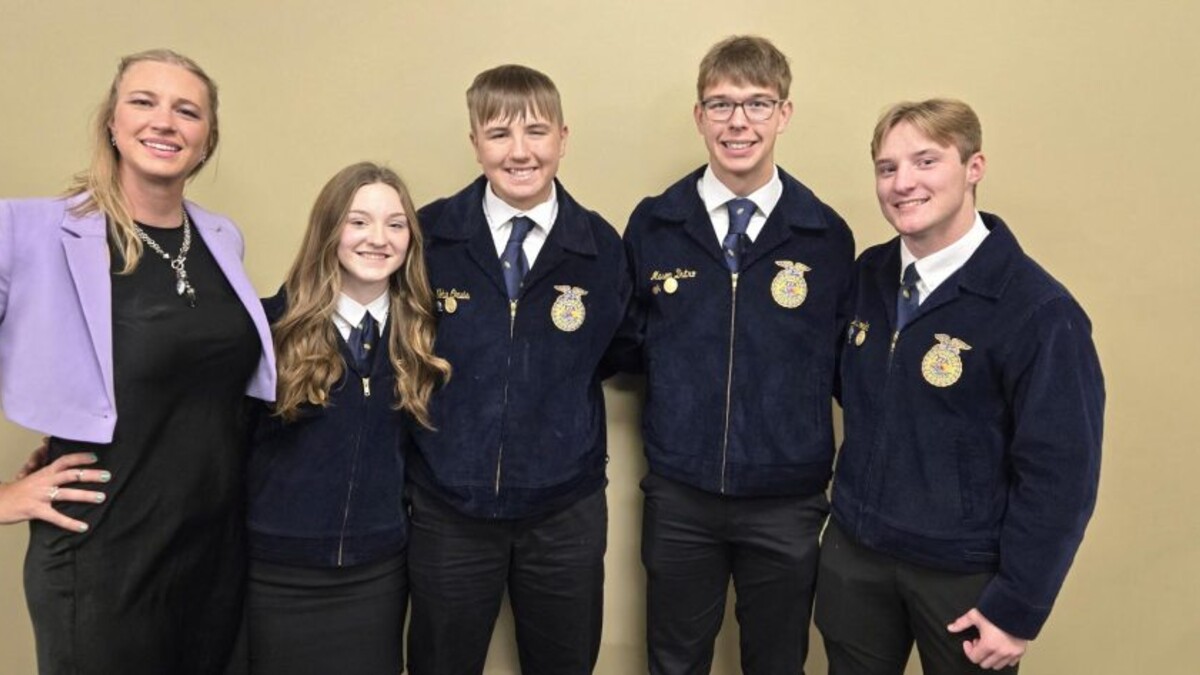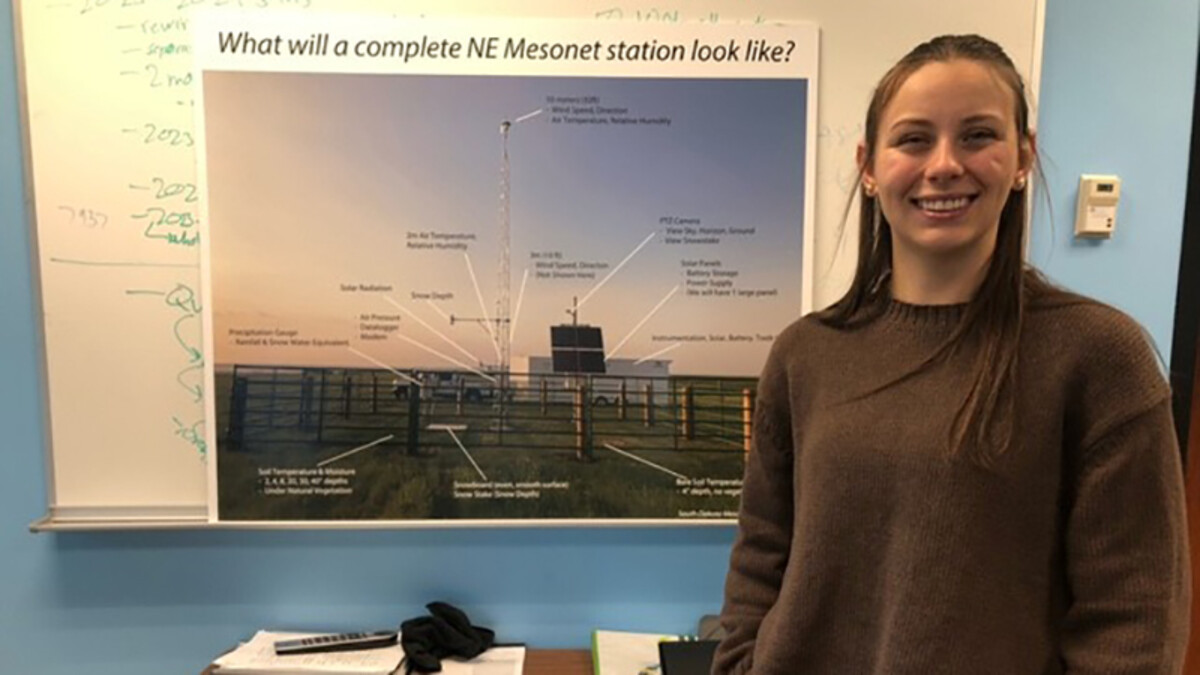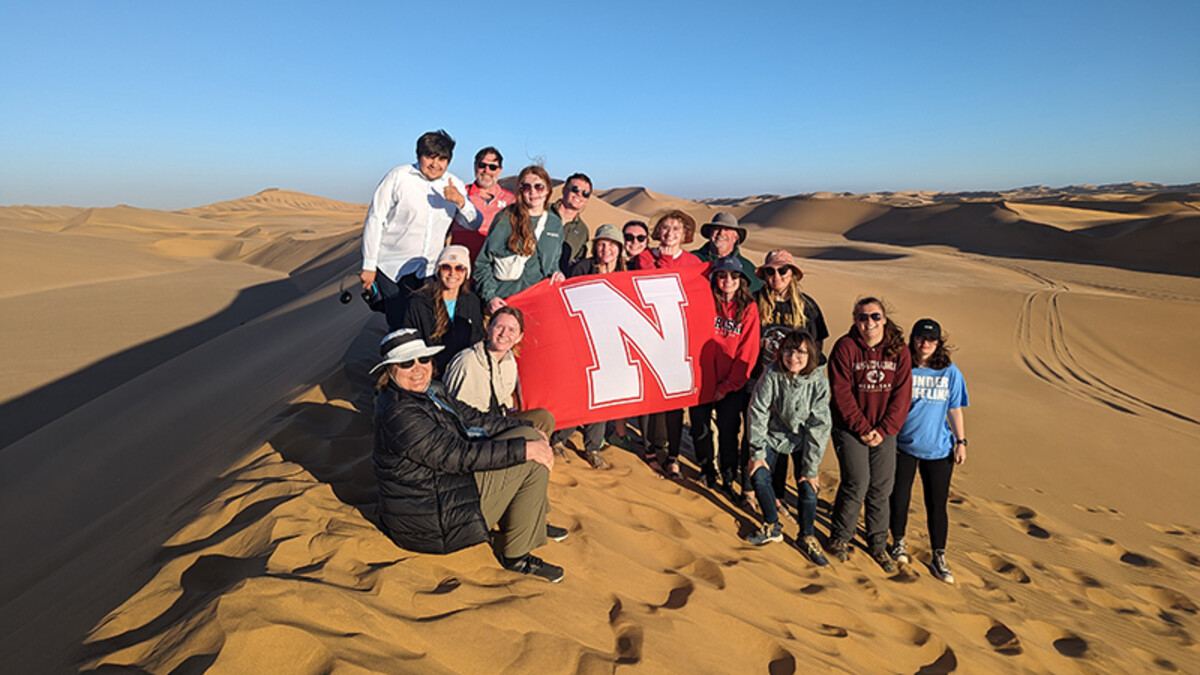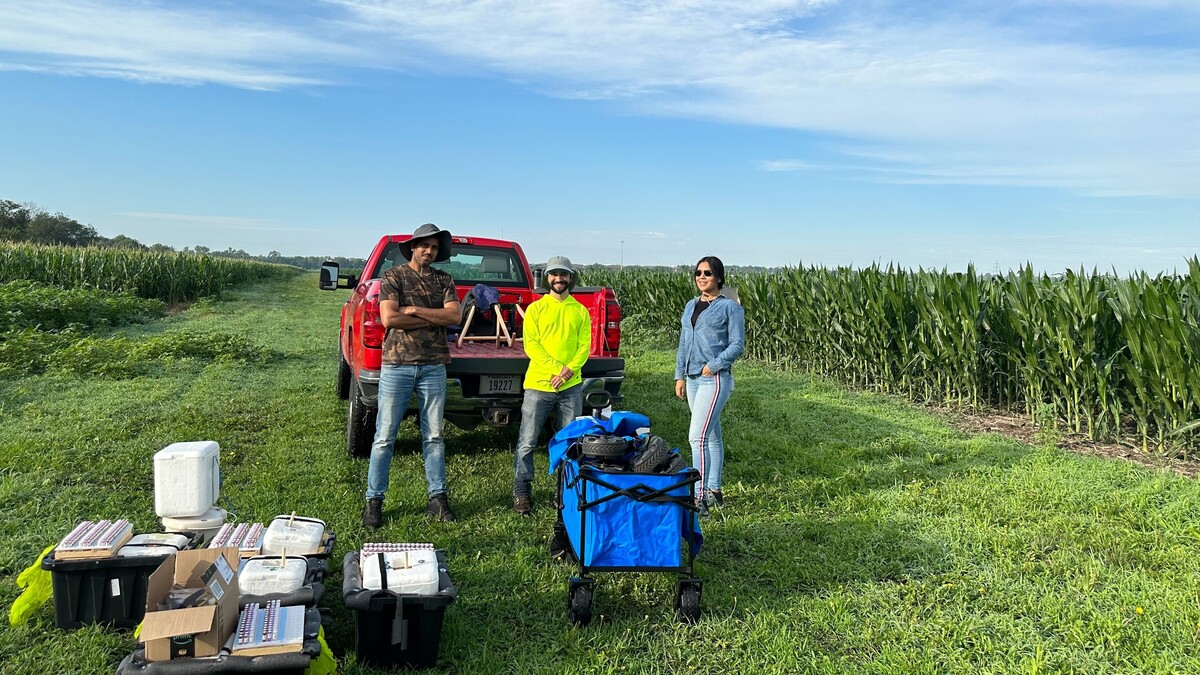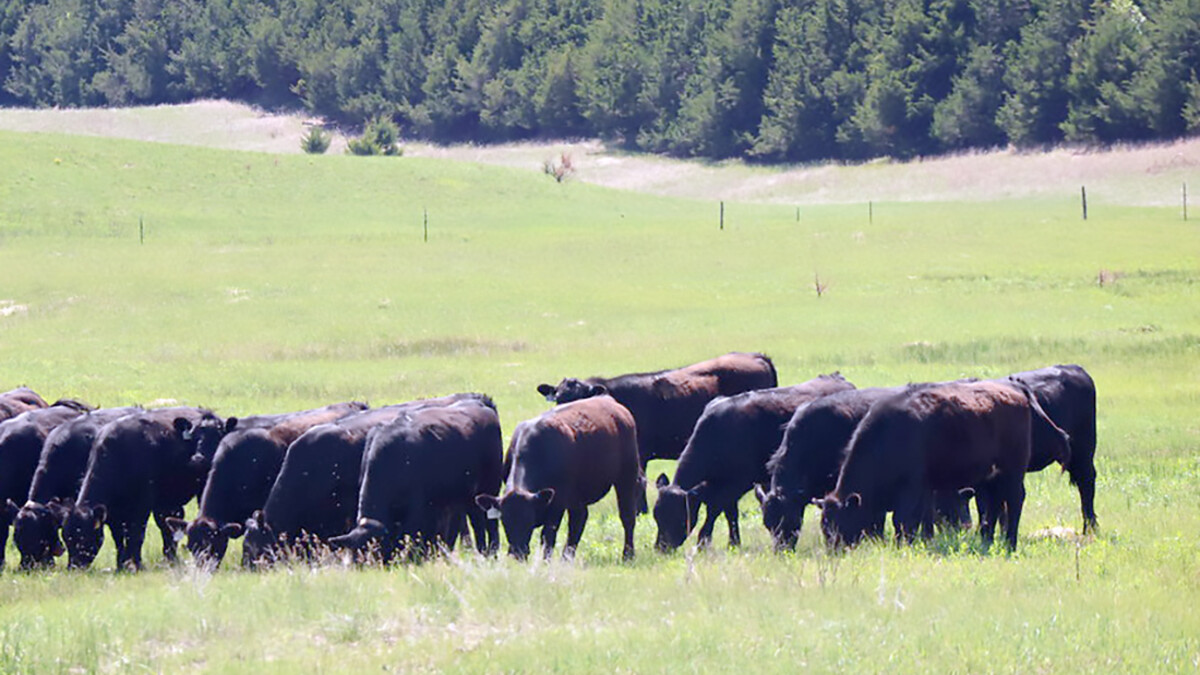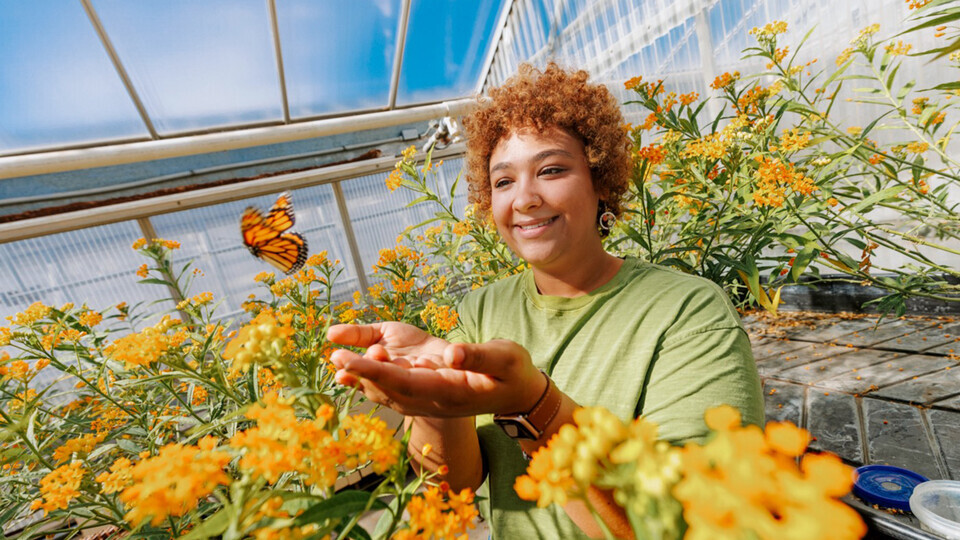
Lincoln, Neb. —Editor’s Note — This is part of a weekly student conversation series highlighted for Women’s History Month on the University of Nebraska–Lincoln’s Medium page. The series will feature students who are making impacts on campus and hope to maintain that momentum in future careers.
Miyauna Incarnato is a biological sciences graduate student from Akron, Ohio. Through her research, she’s helping protect beneficial pollinators and showing others they can succeed in STEM too.
What got you interested in entomology?
Insects are one of the most diverse groups of life. Although they are often seen as pests to humans, there are many friends among them. As I grew up and learned more about these critters, I became very invested in protecting and learning more about our beneficial pollinator specifically.
Talk about the research you do through the NRT program/Montooth Lab/Vélez Arango Lab.
I will be researching the impact of urban environments on monarch butterflies by comparing survival, development to adulthood, and performance of butterflies reared in both prairie and urban habitats. I rear them under summer and fall conditions that induce migration. This will help us to understand more of the pressures that migrating populations face throughout their journey and hopefully some of the factors contributing to population loss.
You often share your experiences and research on Twitter with hashtags like #BlackInSTEM and #WomenInSTEM. Why is it important for you that you highlight these identities when talking about your work?
These identities are important to me because they are historically underrepresented identities in STEM communities. There are faces and identities and cultures that many are not used to seeing. I aim to normalize discussing the pressures and hardships many people still face when entering STEM fields. But also to normalize the joy and happiness and fun that comes from STEM as well. I hope to bring a familiar face or attitude or culture to children and teenagers who may not have as much access to STEM.
Craig Chandler | University CommunicationTalk a little bit about your passion for conservation and outreach.
I believe you could make an argument for conservation on ecological, cultural, religious, moral, and aesthetic grounds and much more. The world is worth preserving, and frankly, has to be preserved for our benefit as well. And finding a creature or habitat you care about is often many people’s window into science. People of all ages should be able to explore the outdoors and feel like both beneficiaries and caretakers of the world. By encouraging ecologically friendly exploration, we help people to understand and care for the environment. But we must of course make a space that is safe and equitable for everyone.
What do you hope to accomplish in your lifetime?
My main goal is to continue to keep giving back and working towards equitable spaces for everyone to enjoy. I hope to keep doing my role in bringing some of these issues to light and using my experiences and the knowledge I was able to gain to help solve them. And also to work with others on how to solve these issues as well.
What or who inspires you?
I have recently been very inspired by people my age, but also by those younger than me. There are many prominent young voices in movements for environmental or racial justice that have used tools like social media for their benefit. The resilience and ingenuity of young people is inspiring.
What is your advice to other students looking to make an impact?
Every impact is bigger than you think. You do not have to set out to change the world, because you never know who or what will. Small compounding acts of care are what make large changes. And they are what is realistic in your daily life. I would also say, do not worry about fixing others’ mistakes or what someone told you was the right thing to do. Find your own passion.
